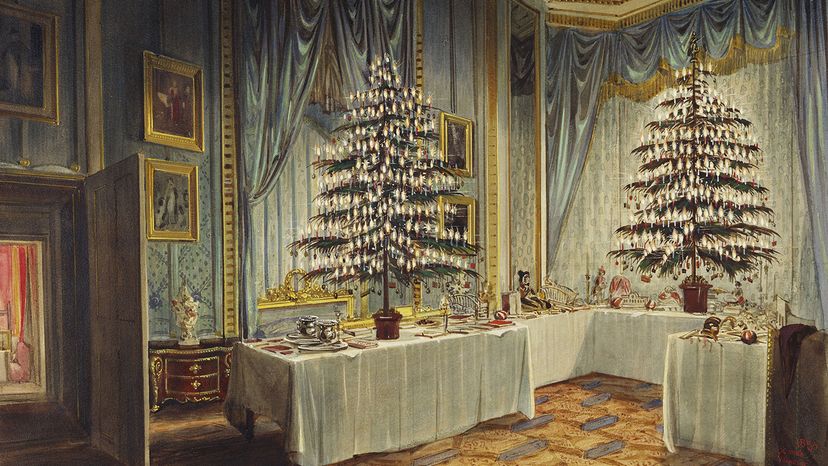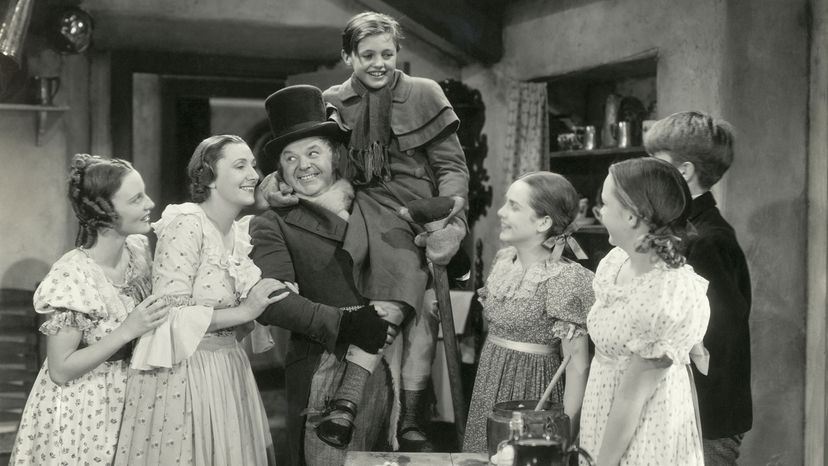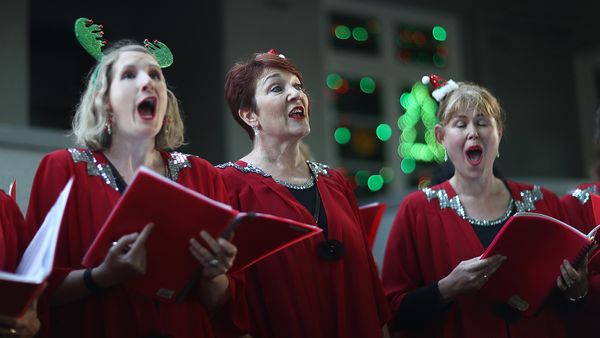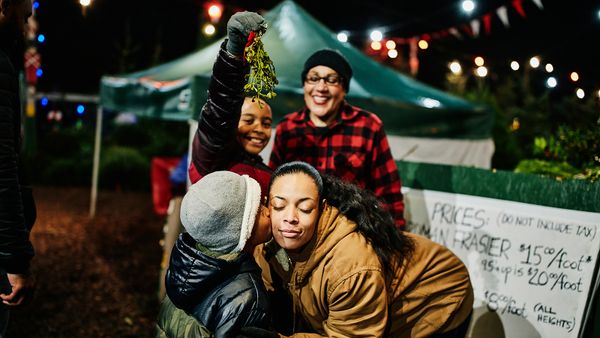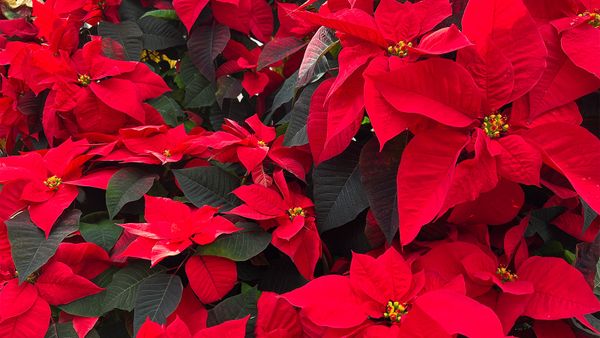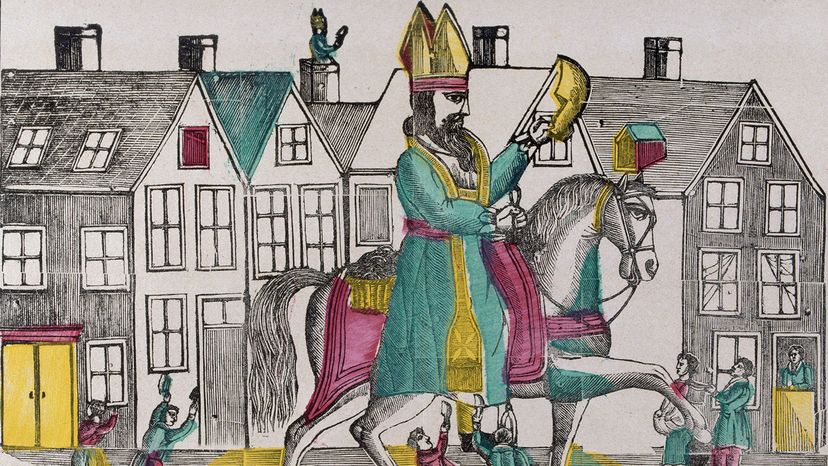
When you imagine a "classic Christmas," plenty of things spring to mind: Christmas trees, Santa Claus, twinkling lights and traditional carols. While some traditions are descended from more ancient practices, Christmas as we know it is a product of the 19th century. The 1800s were a time of remarkable change in the Western world, including the birth of many holiday customs we know and love.
Before the mid-1800s, says Dr. Bruce David Forbes, professor emeritus of religious studies at Morningside University in Sioux City, Iowa, people in England and, by extension, the United States, barely celebrated Christmas at all.
Advertisement
"The Puritans opposed Christmas," says Forbes. "They thought it was a Catholic thing, and that people were partying too much. Even though the Puritan revolution was in the 1600s, and didn't last very long, the discouragement of Christmas lasted like a century and a half. It's kind of like Christmas disappeared."
But beginning around the middle of the 19th century, Forbes says, forces began gathering around the holiday. "Christmas came roaring back," he says, largely thanks to the young and fashionable royal family, headed by Queen Victoria and her husband, Prince Albert.
Advertisement
